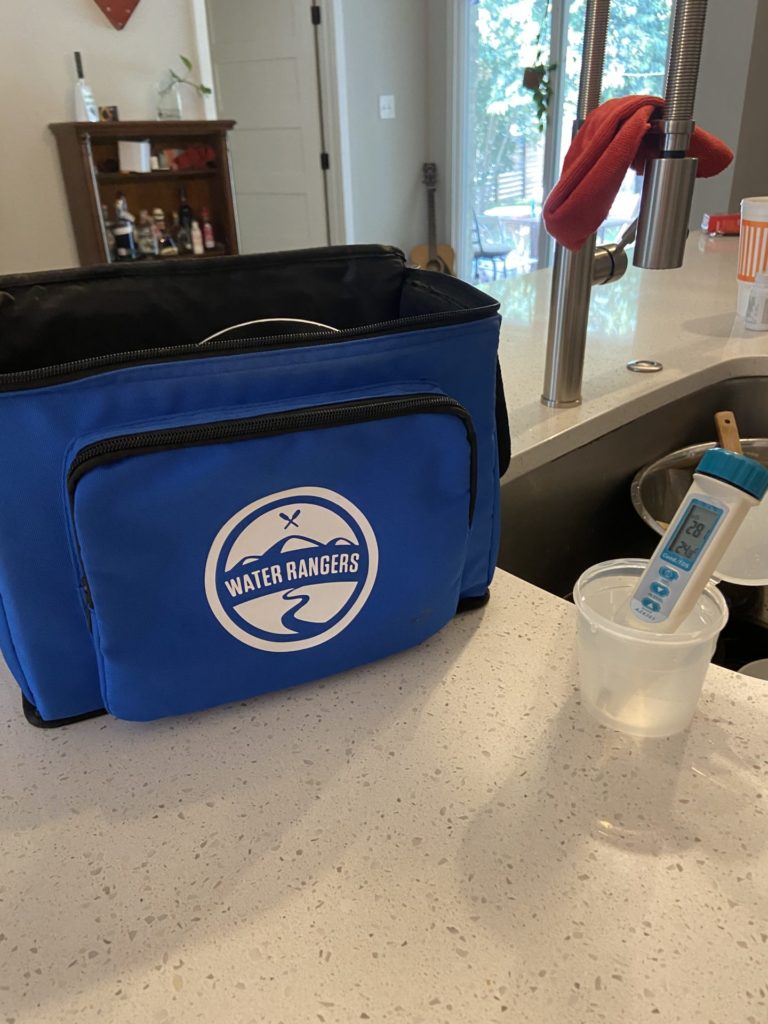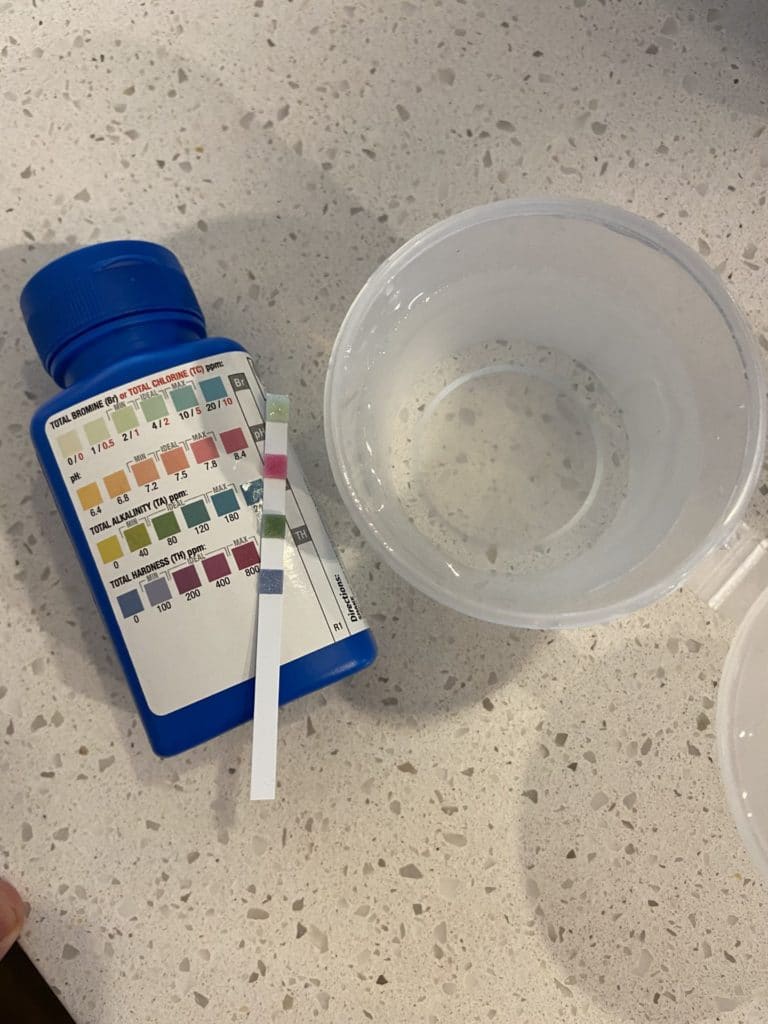How to teach your kids about the outdoors, even when you can’t get outside
Want even more tips?
Contact our science education coordinator, Juno!
We know, we know… how can kids possibly learn about the outdoors if they’re not actually getting outside? We wholeheartedly believe that unless people experience nature for themselves, they’ll almost never feel connected to it. And if they never feel connected to nature, they’ll never want to protect it. That’s why connecting people with nature is at the core of everything we do!
Unfortunately, COVID times have meant that getting outside has become hard for many of us to do right now. The good news is, even though Water Rangers kits are designed for outdoor water testing, there’s still lots of ways to use your test kits to run fun, engaging educational activities!
Try out these suggestions in your classroom, Zoom room, or kitchen table!
- Tap water testing! There are parameter ranges for potable water that you can find online. It’s a great question to ask students why they think tap water and river water will measure differently. You can also have students compare well water and city tap water. Why are they different?

- Additives! You can add extra substances to containers of tap water to create water with “extreme conductivity” (add salt!) or “extreme acidity” (add vinegar). Have students find the mystery contaminated sample, or line up samples based on changing values. It’s a water testing puzzle!

- Relays! A group using tiny kits during lockdown last spring organized a ‘kit relay’ where students would take a sample on their own, then drop off the kit to the next participant so they could go out and take another. This lets students create their very own water quality monitoring network all across their region! This is great if your students are able to explore independently or with a parent, and they get to see the observations their friends made with the kit on data sheets.
As always, our educational team is here to support you with online courses, downloadable content, and scheduled webinars, all of which are being generously supported by NSERC’s PromoScience program!
Stay safe, stay well, and never stop exploring.
